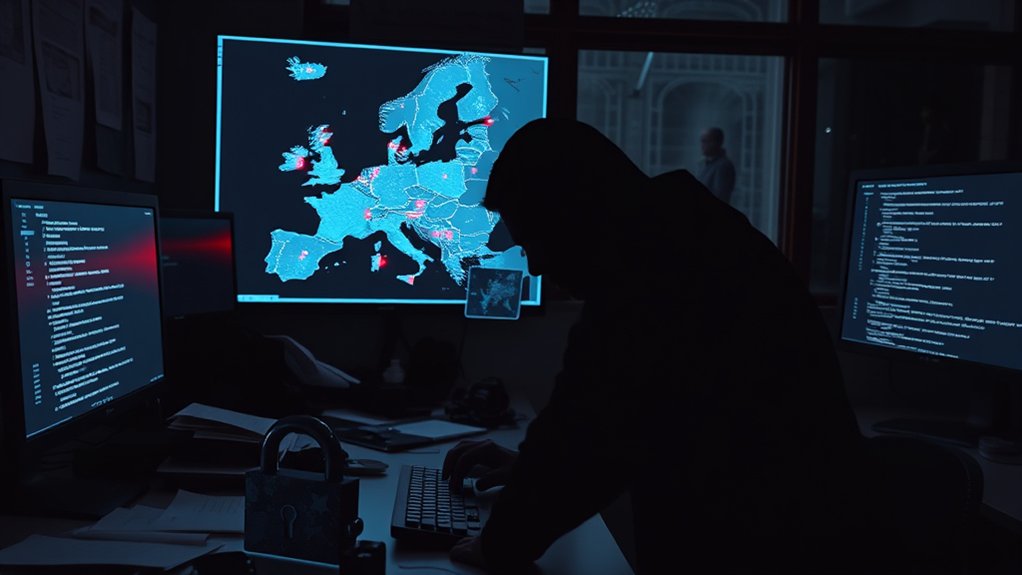The Czech Republic officially accused the Chinese-backed hacking group APT31, likewise referred to as “Judgment Panda,” of orchestrating extensive cyberattacks against its Ministry of Foreign Affairs, a campaign that began in 2022 and continued unabated until 2025.
Intelligence assessments identified APT31 as a state-sponsored actor linked to China’s Ministry of State Security, highlighting a pattern of malicious cyber espionage that has raised concerns about foreign interference. The attack targeted unclassified government networks and vital infrastructure, enabling unauthorized access to sensitive communications within the Ministry.
APT31, linked to China’s Ministry of State Security, exemplifies alarming tactics in state-sponsored cyber espionage against unclassified government systems.
This sustained cyber campaign involved breaches of email accounts and other digital communications associated with high-ranking officials and key departments. Over the course of several years, the deliberate efforts of APT31 reflected not only sophisticated hacking techniques but also a strategic focus on extracting valuable intelligence pertinent to Czechia’s foreign policy. Reports indicate that this incident aligns with prior campaigns linked to APT31 across Europe, escalating fears of a broader trend of state-sponsored cyberattacks originating from China. Additionally, recent cyberattacks reportedly have increased in frequency and intensity, underscoring the pervasive threat posed by state-sponsored actors like APT31.
In response to these activities, the Czech government condemned the attacks, characterizing them as a serious breach of trust and international norms. The Czech ambassador summoned China’s representative to deliver a message that these actions could bear significant bilateral consequences. This event marks a significant point in Czech Republic’s stance on cybersecurity issues, emphasizing the nation’s commitment to addressing cyber threats from state actors.
Internationally, the European Union and NATO allies expressed solidarity with Czechia, denouncing the cyber intrusion and calling on China to adhere to established international laws governing cyber conduct.
The Council of the EU highlighted a significant increase in similar cyber threats from China affecting multiple European nations. EU foreign policy chief Kaja Kallas labeled the breach a clear violation of international standards, reinforcing calls for accountability.
The incident serves as a compelling reminder of the ongoing risks associated with cyber espionage and the urgent need for collaborative efforts to counteract such threats, particularly given APT31’s historic pattern of breaching sensitive governmental systems throughout Europe and beyond.









